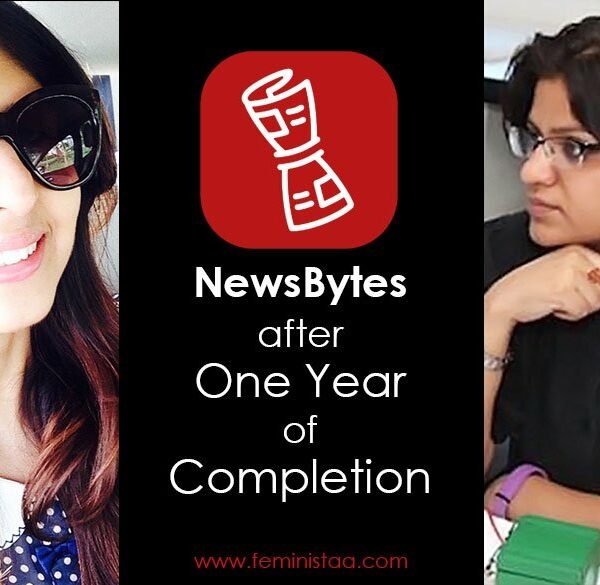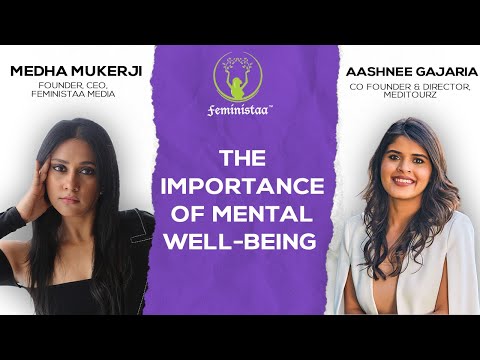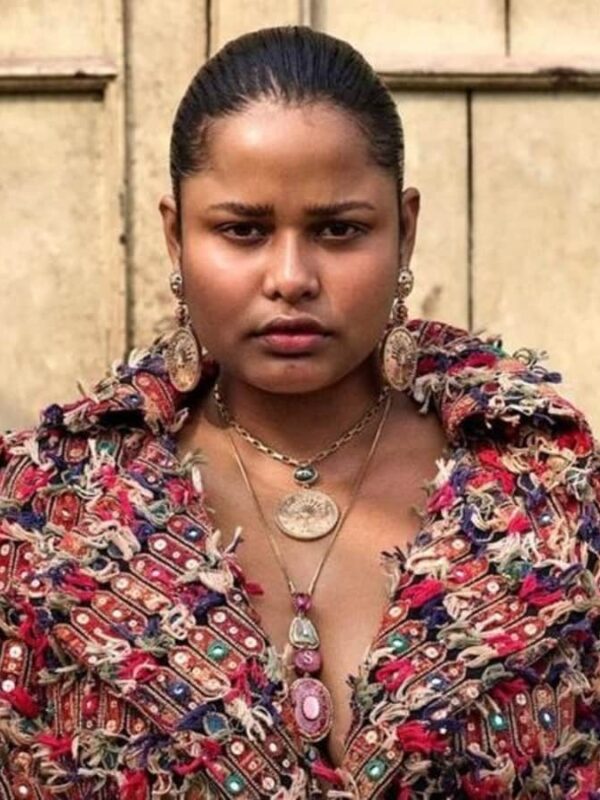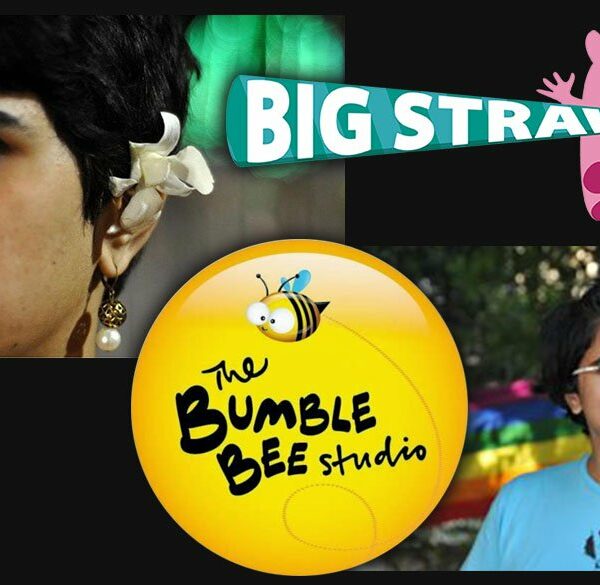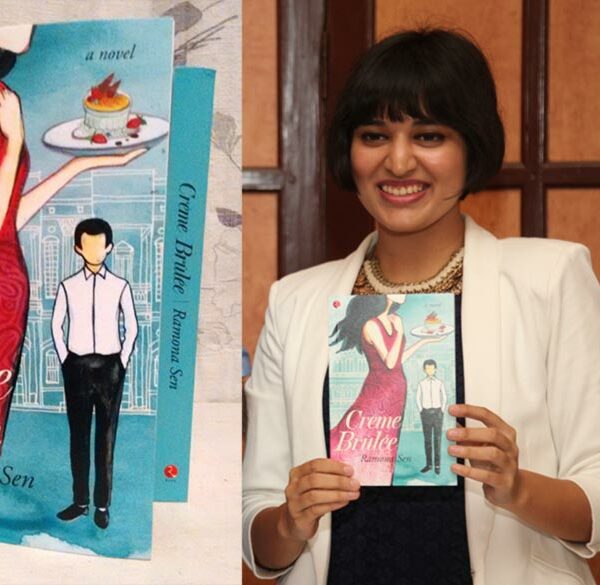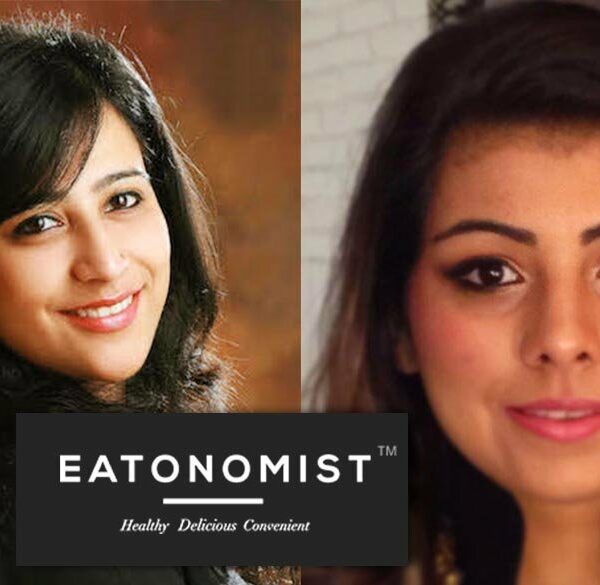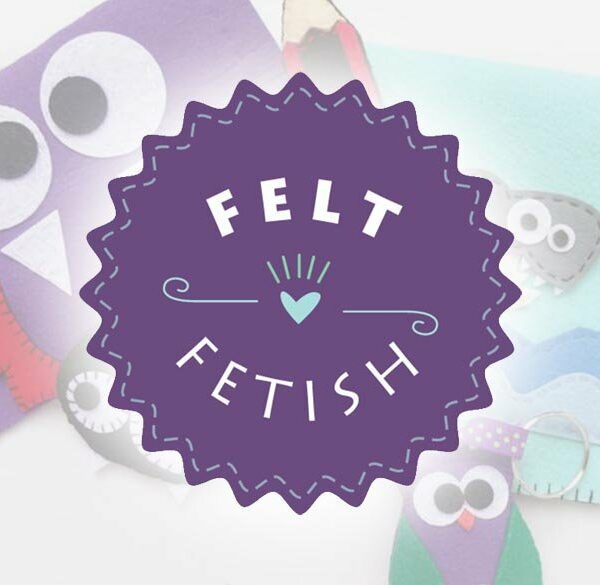Sandhya Sriram is always on the lookout for exciting opportunities to challenge herself. Sandhya is a science enthusiast, serendipitous journalist and an entrepreneur. Her passion is to do meaningful science and not fall into the trap of “publish or perish” !
Starting up her own website/company, Biotechin.Asia/Biotech Media Pte. Ltd., has been an eye-opening experience, through which she says she has discovered much more about herself and her passion for the “right” science.
She is a “no nonsense” kind of person who truly believes that good time management skills and a strong support system are required to succeed in life and career.
Sandhya Sriram reveals answers to some of our inquisitive questions.
As a young and a passionate entrepreneur, what’s that one piece of advice you want to deliver to all the budding entrepreneurs.
My advice or suggestion(s) to budding entrepreneurs is – Work Hard, have good time management skills, think in detail about partners and then venture into business. It is key to have good work ethics and try not to kill your partners over work. Once in a while, take a step back, away from everything that you are doing and look at the wider perspective. Think whether the empire your building is strong, makes sense and is looking happy. If it does not, it is time to clean it up.

A travel enthusiast by heart, why do you swear by travelling?
I travel at every chance I get. Let it be for work, for a conference, to meet family or just to relax; travelling is what relaxes me and keeps me sane. I love taking short trips at frequent intervals to rejuvenate mind, body and soul. I am a complete foodie and love exploring places for yummy vegetarian delights! Personally, I love travelling to tropical beaches or places where it snows.
How is your experience working with another women entrepreneur and a close friend? Has it in any way influenced your perceptions towards the opposite sex?
My experience working with Laxmi, my partner, has been a roller coaster ride, as every entrepreneur in a startup faces. She is a close friend and I have known her for almost 8 years now. Working together with her on various projects has been interesting and challenging at the same time. We both have very different working styles, but that complements us in ways that we never thought of. I have always, in general, had a better working relationship with men than women in the past. But a partnership, be it with a man or a woman, will only succeed if both their thought processes resonate with each other. And I am very clear about that thin line that lies between friendship and business. I do not mix pleasure with work in such instances.

We wanted to ask a scientist: Women usually start sweating on their T-Zones. Why?
Women start to sweat on their T-zone (the area covering your forehead and nose on your face) due to pores and oil glands. The skin on the nose has sebum in the oil glands. These induce the sweat production. To make matters worse, hormones can trigger more oil and sweat production. Best is to keep the area clean, sweat-free by blotting and take care to reduce oil production.
Having an expertise in her field, she answered some of our geeky questions.
There are so many apps and digital health platforms nowadays; this definitely shows that healthcare is revolutionised. But personally for me, I feel there are too many apps and this leads to self-diagnosis and self-treatment. This may not a good thing in the future, when someone will end up with diagnosing a disease that they do not even have!
Many parallels are drawn between creativity and mental illness which include bipolar disorder, schizophrenia, major depressive disorder, and ADHD. A lot of studies have shown that correlations between creative occupations and people living with mental illness. There are cases that support the idea that mental illness can aid in creativity, but there is also strong support that mental illness does not have to be present for creativity to exist. Essentially, it is intelligence and creativity that leads to mental disturbances. Based on a study published by American Psychological Association, women are more likely to be diagnosed with anxiety or depression, while men tend toward substance abuse or antisocial disorders.
Do you think women ageing or ageing, in general, has any relation with the telomeres of the chromosomes or is it just a theoretical concept
Every organ in our body is made up of cells. Each cell has a core called the nucleus and inside the nucleus, our genes are arranged along twisted, double-stranded molecules of DNA called chromosomes. At the ends of the chromosomes are stretches of DNA called telomeres, which protect our genetic data, make it possible for cells to divide, and hold some secrets to how we age and get cancer. Telomeres have been compared with the plastic tips on shoelaces because they keep chromosome ends from fraying and sticking to each other, which would destroy or scramble an organism’s genetic information. Yet, each time a cell divides, the telomeres get shorter. When they get too short, the cell can no longer divide; it becomes inactive or “senescent” or it dies. This shortening process is associated with ageing, cancer, and a higher risk of death. So telomeres also have been compared with a bomb fuse (sourced from here). But this is still somewhat controversial and scientists are still trying to find the real truth!

How do you think healthcare is revolutionised nowadays with the advent of numerous apps and digital health platforms?
There are so many apps and digital health platforms nowadays that definitely shows that healthcare is revolutionised, but personally for me, I feel it is too many apps and this leads to self-diagnosis and self-treatment. This may not a good thing in the future where everyone diagnosis probably a disease that they do not even have!
Having three big responsibilities: a toddler, a startup and a research job and of course taking care of your family: husband and parent(s), must be very challenging! What are the three most important tools/strengths that you possess that helps you balance such a hectic life?
It is indeed challenging but I enjoy every second of it, and I try to make justice of every role that I play. The three things that have helped me from day one are:
- Time management and discipline, planning, proper scheduling
- Ability to multi-task by zoning out of different roles at precise times
- Having a strong support system; for me, it is my wonderful husband of 5 years (known him for more than 19 years now!) and my mother.
It is said that media today is very influenced by commercial aspects. Share some experience, where pharmaceutical companies have tried to influence content on your website. How do you as a founding member deal with such issues?
Media nowadays is mostly a medium of feeding news to the audience that they want people to be influenced by. It is not really news; it is something that the media companies want to push and they will push it until everyone believes fiction as well. When companies send over press releases, they have to make sure that the releases should present journalists and editors with the facts instead of using superlatives and over-glorifying the company, which could potentially cause the media to lose interest. The readers should themselves identify with the company upon reading the news and I strongly do not promote content just for the sake of it. It should appeal to me first as a reader. Being a journalist and editor, I take this very seriously; I always put myself in the shoes of a reader and think if I would want to read such news. If I feel there is even the slightest lack of substance to the article, I would rather not publish it. The way I deal with it is not to ignore, but to let the company know that we do not encourage such press releases and it would be best if they send us a release that talks about the discovery itself and the facts along with it. My partner, Laxmi, shares the same thoughts as well.
Sandhya Sriram
Director, Assistant Editor, Co-founder,
Biotechin.Asia, Biotech Media Pte. Ltd., Singapore
and
Research Fellow, Singapore Bioimaging Consortium, A*STAR, Singapore.



